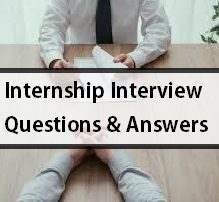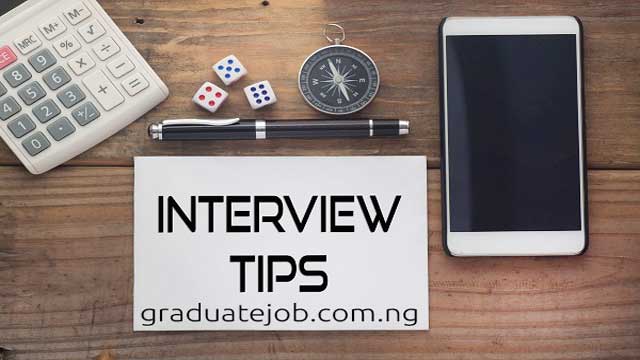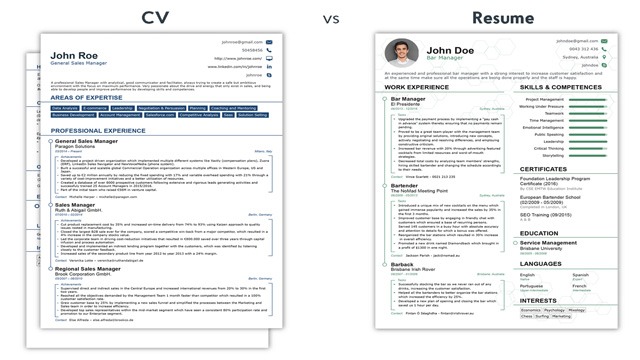Job applicants find it difficult to scale through the interview session when they finally engage with the interview panel or arrives at the interview venue and are faced with a set of strict interviewers who are there to ensure they recruit the best candidates for their organization. This article is about the interview guide for graduate job employment.
READ ALSO: COVER LETTER FORMAT FOR GRADUATE JOB APPLICATION
These interviewers have developed a model for interviewing candidates for different job offers within the company and this model has been formulated to serve as a general guide to access candidate’s proficiency, experience, skill sets, and work interest.
WHY CANDIDATE FAIL INTERVIEW SESSION
The majority of candidates fail to understand the modalities and technicalities behind job interviews and how to comfortably give the desired responses to questions being asked by interviewers without any pinch of doubt. Employers always seek the best candidate for their organization as such; an interview session is the most ideal method to find out a candidate capability.
This article about the interview guide for graduate job employment has been created to serve as a guide and contains a checklist on what to experience in an interview session, however, this article is based on the general interview setting notwithstanding the fact that each job type has different interview methodology and this article you will learn what interviewer’s access and look out for from applicants.
check some graduate interview questions here
JOB INTERVIEW SESSION
Introduction:
This is the applicant’s arrival stage and interviewers ensure candidates are relaxed and at ease by using a friendly approach and nice gestures to welcome applicants. The interviewers may start a conversation about your hobbies, interest, views, etc.
Possible questions asked by interviewers: ‘’how did you manage to hear about the opening?’’, “How did you happen to become interested in our organization?”
The interviewer will give an overview of what to expect during the session.
Work experience:
The interviewer will review your work experience here. However, most graduate job offers don’t require job experience, that doesn’t mean your response would be you have no job experience. You may add internships, or any job function you performed during your undergraduate level.
For an applicant with professional experience, a reasonable starting point would be a discussion of the most recent position. The interviewer will ask you why you quit your previous job, the duration of each job in a chronological manner, the duties, and responsibilities of your past jobs, your likes, and dislike. Specific follow-up questions based on the answers may be applicable. Interviewers are always neutral to your response, as they don’t give verbal or physical clues on how they regard the answers.
Education:
The education assessment is usually tailored to suit applicants’ educational level. The interviewer may ask why the break-in your educational date if applicable, and also any professional training you’ve attended, your academic grades, extracurricular activities, your personal experience in the universities.
Self-assessment:
follow-up questions that may be applicable to this section may include, a summary of the interview session, the interviewer may ask you to list some of your strength and qualities both personal and professional that makes you a good prospect for them. The interviewer will further ask you on the areas you would like to change or improve. Based on the answers provided. All of us have qualities we’d like to change or improve.
Information given phase:
interviewers who proceed with this phase are likely may likely place you into consideration for the job offer; otherwise, there isn’t much point in proceeding with this section. In this section, the interviewer would ask you if there are any other things about your background you would like to cover. Do you have any specific questions or concerns you may need clarification on?
Closing:
The interviewer graciously closes the interview. At this point, the interviewer may review your overall performance and may let you know. The interviewer will ask if you have any questions about the company or anything else. If the interviewer is satisfied with the candidate he or she may proceed with the necessary step to explore doubts or reservations the applicant might have.
The interviewer will inform you of the next step likely to be taken. And final appreciation.






